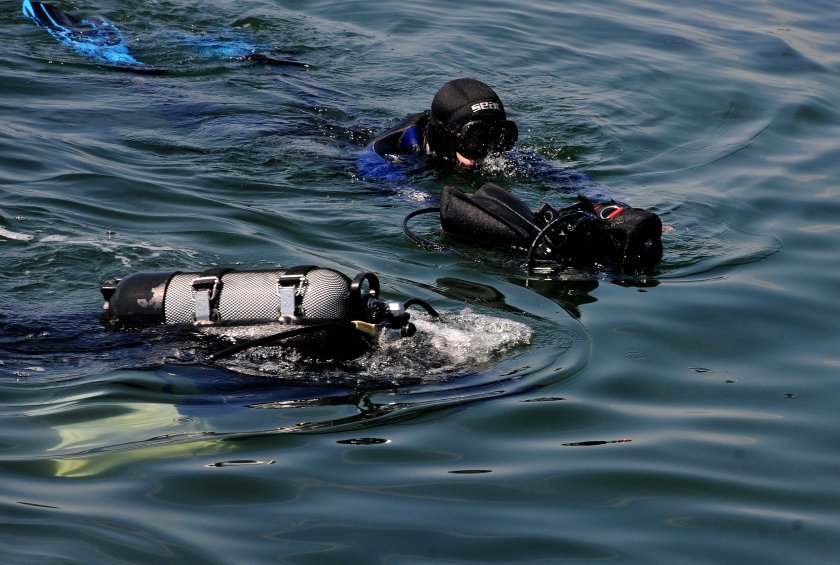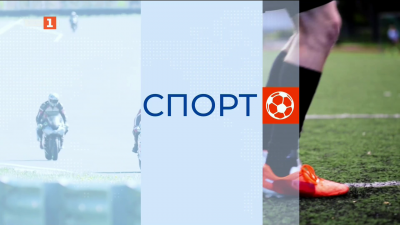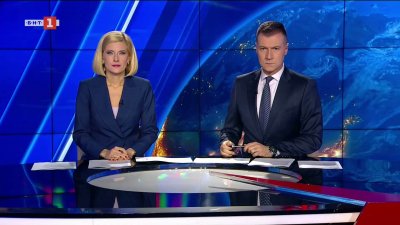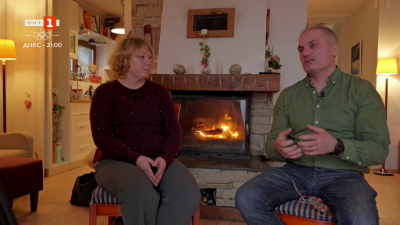Ministry of Environment: No reasons for concern about the purity of sea water in Bulgaria

Satellite observations and mathematical modeling of water currents so far do not give cause for concern about the quality of water on the Bulgarian Black Sea coast, the Ministry of Environment and Water Management said on June 19.
The Ministry of Environment and Water is ensuring full monitoring of possible environmental damage in the Bulgarian Black Sea area following the destruction of the wall of the Nova Kakhovka dam, located on the Dnieper River in Ukraine.
According to the summary data of the latest analyses, which included the current forecast for the period from June 6 to 24, the Centre for Integrated Management and Monitoring of the Coastal Zone at “N. Vaptsarov” Naval Academy, and from satellite observations, no objects were identified that could be classified as pollution.
The new data sent by the Institute of Space Research and Technology of the Bulgarian Academy of Sciences to the Black Sea Basin Directorate of the region around Odessa also do not detect pollution in the Black Sea waters of the Republic of Bulgaria.
The environment ministry reminded that the Minister of Environment and Water, Yulian Popov, had already on June 8 commissioned enhanced monitoring of coastal waters to the Black Sea Basin Directorate - Varna and the Executive Environmental Agency, which is being conducted at three sites in coastal marine waters - Durankulak, Shabla and Kaliakra, while the Ministry of Environment and Water established three additional monitoring sites located in the coastal zone.
Additional indicators are included in the current monitoring for the potential impact of the waters along the Dnieper River on the Black Sea. Monitoring is carried out weekly at coastal sites.
The location of the stations is in accordance with the possibilities of access by sea, the direction of the dominant currents and the bathymetric data available for the area.
The potential risk of pollution of the marine environment due to military activities is monitored. The presence of petroleum products, metals, the radionuclides caesium-137 and tritium are monitored and additional indicators (pesticides, etc.) are included in response to the emerging situation. To date, no exceedances have been detected for any of the indicators examined.
The state of not only coastal but also the water currents deep into the sea is being monitored.
The monitoring of the state of marine waters is coordinated with the Ministry of Tourism with a view to a the smooth running of the tourist season..
The frequency of sampling is sufficient to make an objective assessment of the current state of the sea waters, the ministry added.
The results will be provided to the relevant authorities in due time, in accordance with the time required for the analysis of the determined indicators in the points.
The MoEW exchanges information on a daily basis with the Ukrainian, Moldovan and Romanian authorities on potential pollution of the Black Sea waters. On 16 June, Minister Popov coordinated joint actions successively with his Romanian and Ukrainian counterparts.
Reports of possible signs of pollution along the coastline can be submitted to the Environment Ministry’s Green Phone: 0887 088440 or 02/9888205, as well as to the email address: nccw@moew.government.bg and also to the Green Phone of the Regional Inspectorate of Environmental Protection - Varna: 0884 290 634 or 052/634 582, Regional Inspectorate of Environmental Protection - Burgas: 0889 096 577 or 056/813 212, Black Sea Region - Varna. 0886 406 816.
Get the latest news wherever you are!
Follow us on
Facebook
and
Instagram
Follow BNT’s YouTube channel
You can now also watch us on
TikTok
Find us on
Google News























